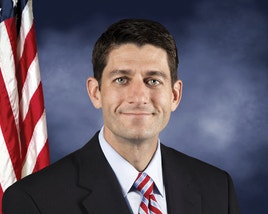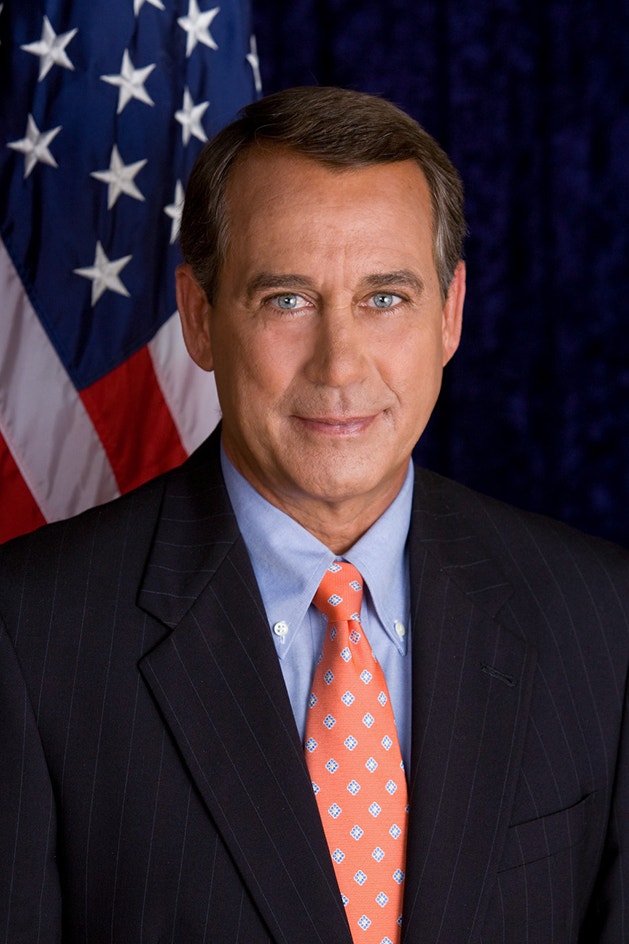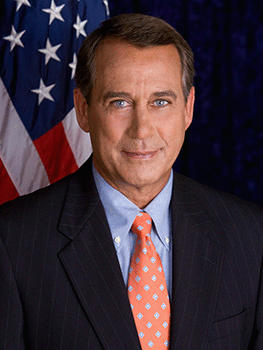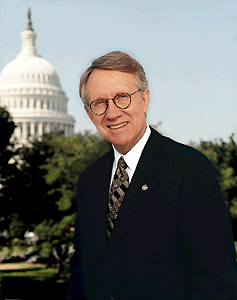A New Speaker of the House
Friday, October 30th, 2015October 30, 2015

Paul Ryan, a Wisconsin Republican, became speaker of the United States House of Representatives in 2015. (Credit U.S. House of Representatives)
Yesterday, October 29, Paul Ryan, a Republican representative from Wisconsin, became Speaker of the House of Representatives, an important office within the U.S. government. The speaker is the leader of his or her political party in the House, as well as the presiding officer. The speaker is expected to use the office to promote the party. He or she ranks next after the vice president in order of presidential succession. At age 45, Ryan has represented Wisconsin’s 1st District since 1999. He was his party’s nominee for vice president of the United States in 2012. Ryan and his running mate, former Massachusetts governor Mitt Romney, lost the election to President Barack Obama and Vice President Joe Biden. Ryan succeeded Ohio Republican John Boehner (BAY ner) as Speaker.

John Boehner served as the speaker of the United States House of Representatives from 2011 until his retirement in 2015. Boehner, a Republican from Ohio, had been a member of the House since 1991. (Credit United States House of Representatives)
Boehner retired from his position as Speaker yesterday and is retiring from Congress today. Boehner had a difficult run during his time as Speaker. The Republicans became the majority party in the House of Representatives in 2011 (after the 2010 midterm elections), and they soon elected Boehner as Speaker of the House. Ordinarily, when a party gains a majority of seats in Congress, it is able to pass bills that further its own agenda. This became problematic for Republicans because of divisions within the party. The Tea Party movement that formed in 2009 and the ultra-conservative Freedom Caucus formed in 2015 have both warred with more mainstream members of the Republican party.
The Tea Party formed in opposition to bailouts for large banks during the worldwide financial crisis that began in 2007. The bailouts began under the administration of George W. Bush and then were continued under Barack Obama, who took office in January 2008. The bailouts enraged certain conservatives, who considered them “corporate welfare” (government aiding business).
A majority leader calls upon party members to vote as he or she asks on important bills. But far-right Republicans in the House often did not align with Boehner and the Republican leadership. Many tried to block budget bills and bills raising the government debt ceiling, despite Boehner’s pleas not to do so. Many political experts described Boehner as having been “hounded” from his position by far-right Republicans.
Before Boehner stepped down, he managed to pass a bipartisan budget bill over the “no” votes of ultra-conservative Republicans. The new budget, which also increases the debt ceiling, is good through 2017, saving Ryan from an immediate high-profile showdown with the far-right members of his party. When first asked to run for speaker, Ryan was reluctant. He decided to pursue the position, however, upon the endorsement of the major factions of House Republicans, including a majority of the Freedom Caucus.




